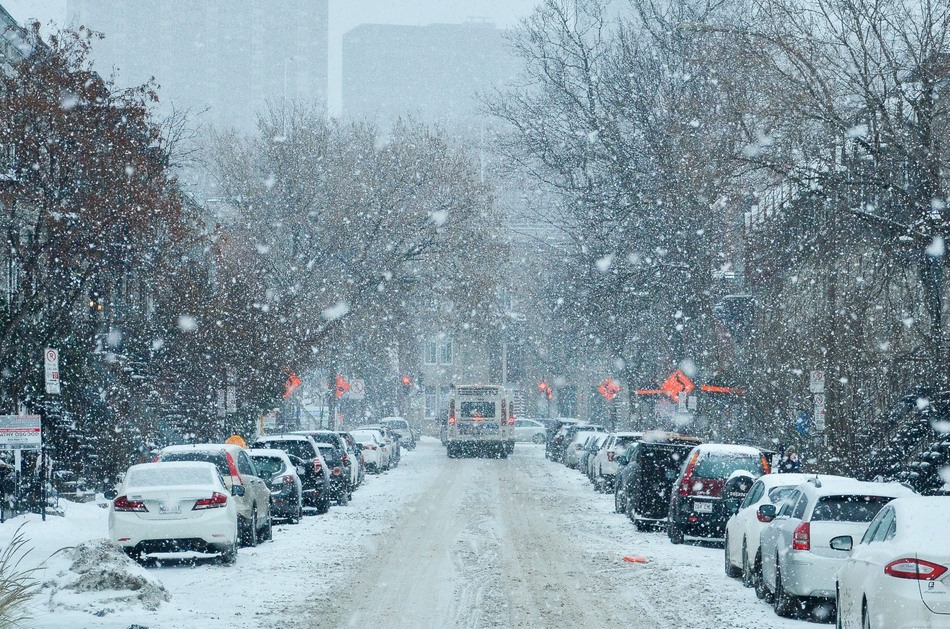Cold climates are associated with early death and illness.
Why cold weather is bad for your health. It’s a question most Canadians entertain at least once a winter, but many of us manage to dismiss it. Some people even convince themselves they are stronger and harder for their suffering.
Not so! New research from the University of Toronto suggests that cold climates are associated with early death and more illness — and the colder it is, the worse you fare.Previous studies have found that people living in colder climates compared to warmer climates have poorer health and that even the ability to think clearly can be impaired by the cold. But now Kue Young at the Dalla Lana School of Public Health in Toronto and his colleague Tiina Makinen at the University of Oulu in Finland have examined the relationship between temperature and health in the Arctic. A cold environment, they say in a paper recently published in the American Journal of Human Biology, is itself a health hazard.
The researchers looked at 27 separate Arctic regions spanning the U.S., Canada, the Russian Federation, and the Nordic countries. They generated mean temperatures for January and July for each of the regions by consulting temperature records for the 30 years between 1961 and 1990. Alaska, for instance, averages a reasonable -11 C in January, whereas Nunavut hovers down around -29 C, and Russia’s Sakha Republic clocks in even lower at -38 C. (Toronto’s mean temperature in January is -4C.)
Then they looked at various health outcomes in these regions — how long people live, how often babies perish, and what diseases the populations suffer from. They also took other factors into consideration, such as population density, average wealth, and education levels.
Cold temperatures in winter, they found, were independently associated with lower life expectancy in both men and women and higher infant mortality rates. This held true even after socioeconomic status and health care were taken into account. Specifically, for every 10 C colder it was, a male could expect to live six fewer years, and four additional babies for every 1,000 born alive would die in infancy.
Other factors were also important, such as education levels, the percentage of the population that was indigenous, and the per capita health expenditures. And the researchers admit that information they didn’t have access to, such as how many people smoked, were inactive, or were overweight, could also be important. Even the effect of reduced sunlight in winter could play a role, they say.
But in general, where health is concerned, cold is bad, and colder is worse.
![]()


























